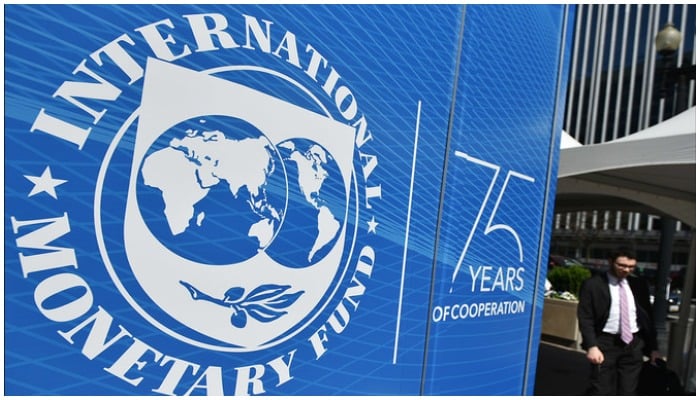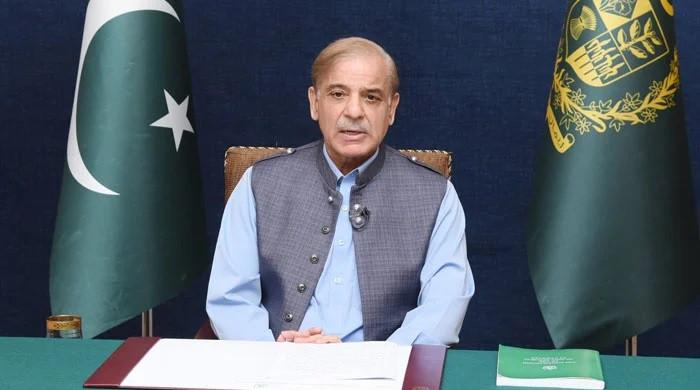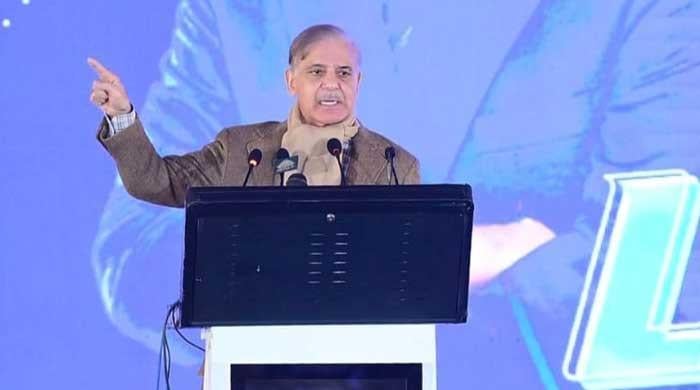Pakistan has no choice but to remain under IMF programme, say economic managers
Country's negotiators had to yield to IMF's conditions, but experts say it was essential to prevent an economic disaster
December 23, 2021

- Economic managers say no option but to remain under existing $6 billion IMF programme to prevent an economic disaster.
- It was a first in Pakistan's history that its negotiators had to yield to IMF's conditions.
- Experts say it was difficult to accept how IMF could impose its will on a sovereign country's parliament.
The managers of Pakistan's economy are all set to communicate it to the country's top leadership that the country doesn't have an option but to remain under the existing International Monetary Fund (IMF) programme worth $6 billion Extended Fund Facility (EFF) to prevent a full-fledged economic disaster, The News reported Thursday.
Owing to the rigid attitude of the IMF team, the economic team finds itself in a catch-22 situation and it was a first in Pakistan's history that the country's negotiators had to yield to the IMF's conditions, i.e the parliamentary approval for the passage of two key bills, Tax Laws (Fourth) Amendment Bill and SBP’s Autonomy Bill, instead of presenting them before Parliament.
Experts said it was difficult to accept how the IMF could impose its will on a sovereign country's parliament.
Read more: Removal of GST exemptions to boost inflationary pressures up to 1%: report
However, the officials who represented the Pakistan government in the talks said that the IMF imposed the condition that Pakistan seeks parliament approval as Prior Actions before placing its request for completion of the sixth review and release of $1 billion tranche before the Fund’s Executive Board, over a breach of trust when Islamabad couldn't hold on to its commitment to present the SBP’s Autonomy Bill before Parliament.
The official sources conceded that it was a wrong strategy for negotiation with the IMF staff because of which now the negotiators had landed in a catch-22 situation. But they were clear on one point: there was no other way but to fulfill the IMF condition for reviving the stalled Fund program.
This scribe contacted Dr. Khaqan Najeeb, former economic adviser of the finance ministry, on Wednesday. He said the IMF programme completion is a matter of good negotiation, sound preparation, and deep data analysis. Any country should be able to suggest structural benchmarks, performance criteria and negotiate with them to the best of its advantage, he said.
He said in the strict sense, legislative bills should be about submission to Parliament, getting a sovereign parliament debate, and passing them as the parliament deems fit. He explained that in successful negotiations, Pakistan has always been able to convince, whether in Disbursement Linked Indicators (DLI) programs, or other budgetary support, the country's sincerity of completing agreed benchmarks.
Dr Khaqan stated that one way is to agree on a presidential ordinance for removing the exemptions, which can suffice till the removal of the exemptions is made a part of the Finance Bill FY2023.
He was of the view, the country should complete ongoing multilateral programs, including the IMF program, so that uncertainties causing jitters in the three markets (PSX, money market and exchange rate) are settled.
He concluded that this funding is essential to ensure that the financing requirement of about US$27 billion for FY2022 is successfully fulfilled.









